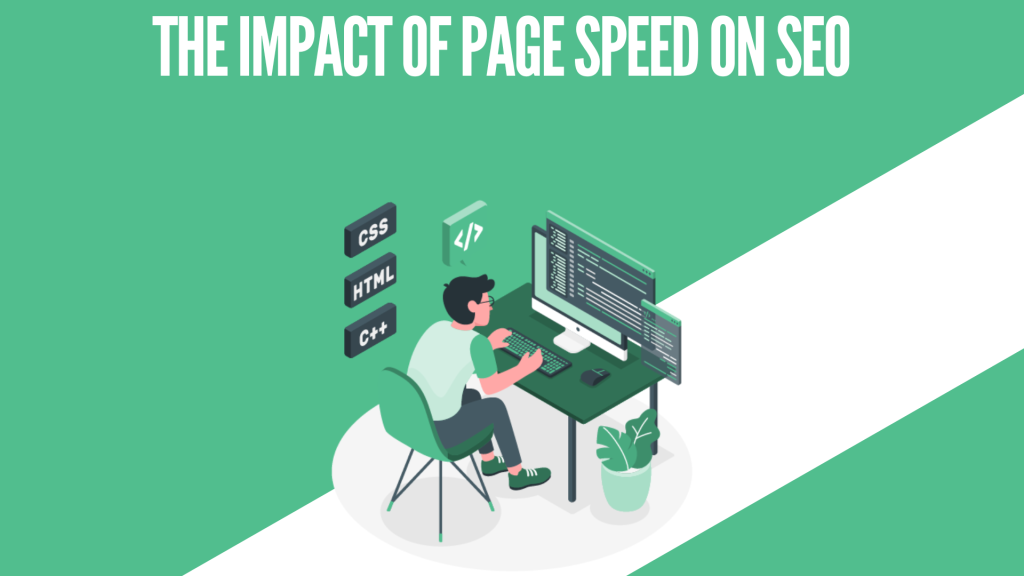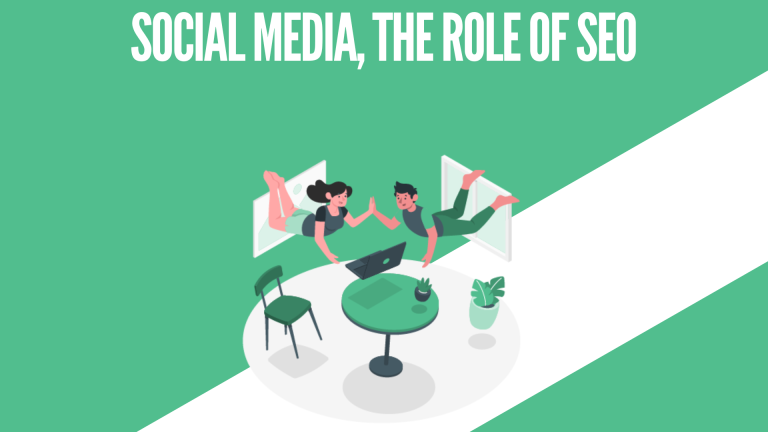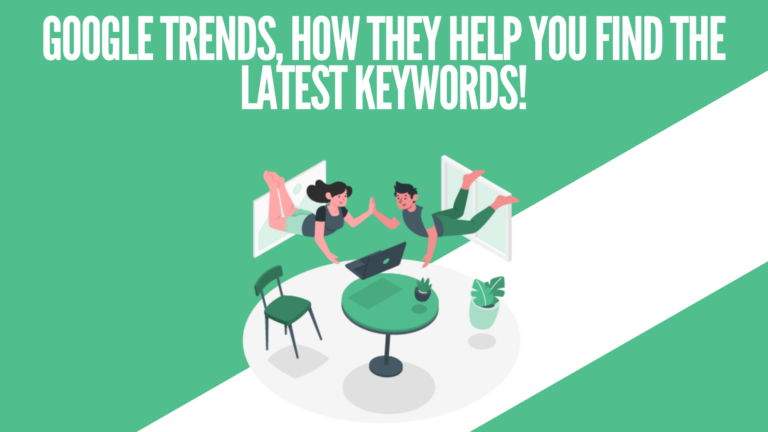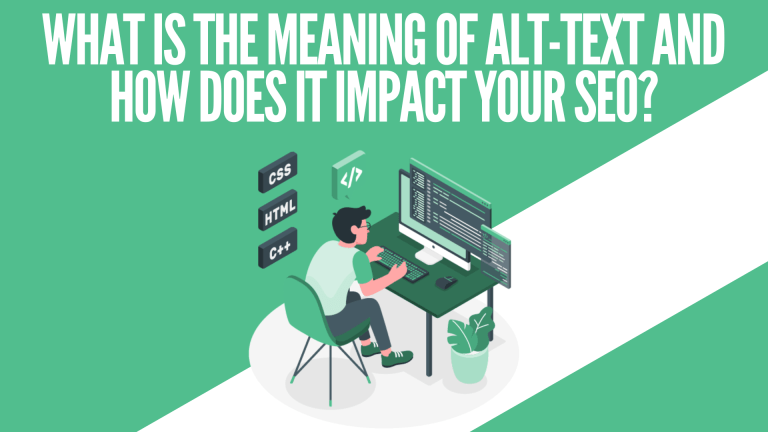
The impact of page speed on SEO
Published on: December 21st, 2022| By: Tom van Niekerken
Page speed is the amount of time it takes for a web page to load and display in a user's browser. It's an important factor in search engine optimization (SEO) because it can impact the user experience and the crawlability of your website by search engines. Here are a few ways that page speed can impact your SEO:
- User experience. Page speed can impact the user experience by determining how quickly users can access your content. If a page takes too long to load, users may become frustrated and leave the website, leading to a high bounce rate. A high bounce rate can indicate to search engines that your website is not relevant or valuable to users, which can negatively impact your search engine rankings.
- Crawlability. Search engines use bots, also known as spiders, to crawl and index websites. If a page takes too long to load, it may be more difficult for search engines to crawl and index the content. This can negatively impact your search engine rankings and make it harder for users to find your website in search results.
- Mobile optimization. With the increasing number of users accessing the internet from mobile devices, it's important to optimize your website for mobile. A slow loading page can be especially frustrating for mobile users, as it can drain their data and battery life. By optimizing your page speed for mobile, you can improve the user experience and increase the chances of users staying on your website longer.
In conclusion, page speed is an important factor in SEO because it can impact the user experience, crawlability, and mobile optimization of your website. By optimizing your page speed, you can improve the value of your website and attract more visitors through search engines.
More SEO Blogs

Making small birds fly fast
© 2023 - 2025 all rights reserved - Social Sparrow




